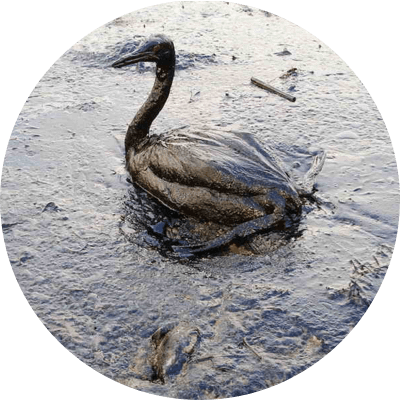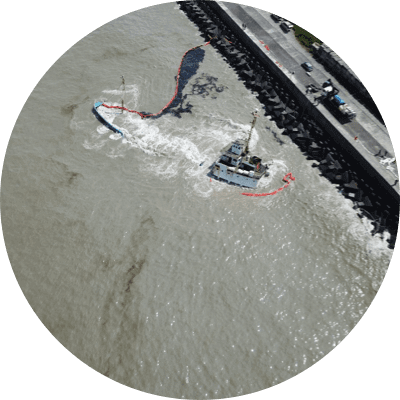Industrial mining and manufacturing discharge toxic heavy metal particles and chemicals that are difficult to break down. Agricultural pesticides and fertilizers get into the water and rapidly kill water organisms, which leads to the water being unrecoverable.
The extensive use of pesticides has caused significant pollution to the earth’s water systems. A great number of birds have been poisoned, become infertile, and even died.
Besides these industrial and agricultural contaminants, another issue is the water people use in everyday life, such as when showering, washing dishes and flushing toilets. Even though the wastewater these activities generate is not necessarily toxic, with an increasing global population, the amount of wastewater is on the rise. Specifically, increases in nitrogen and phosphorus, which are usually nutritious for plants, has caused the algae in water to reproduce quickly and therefore absorb more oxygen. As the algae and other organisms die and are broken down by microorganisms, more oxygen is consumed. This invariably ends with a lack of oxygen in the water.
Ocean pollution, such as when ships leak oil, also affects the ocean ecosystem and marine industry. According to an article in “Scientific American,” the toxic compounds found in crude vary everywhere. The most problematic are the polycyclic aromatic hydrocarbons (PAH), which include benzene, toluene, and xylene. PAH in crude oil does not dissolve in water and causes great damage to marine ecosystems.
70% of the earth is composed of water, and the same percentage is found in our bodies. How we treat our environment is a reflection of how we treat ourselves.




